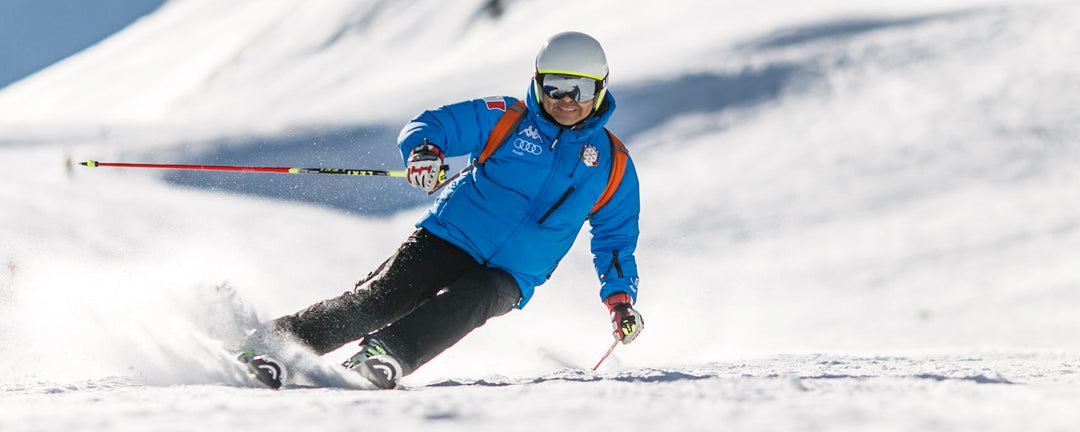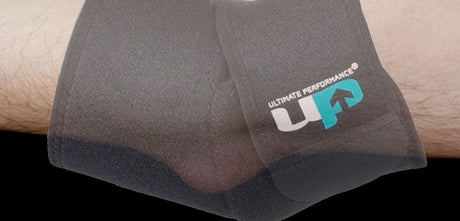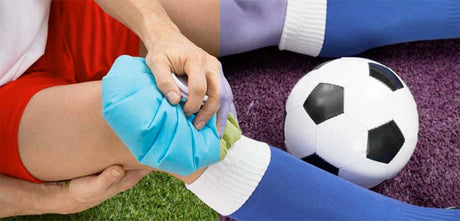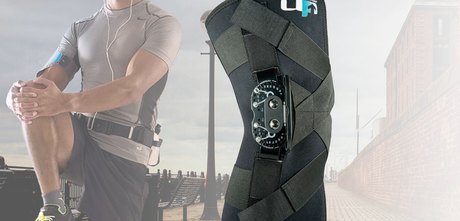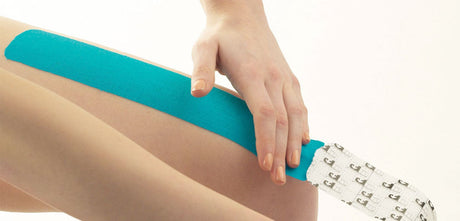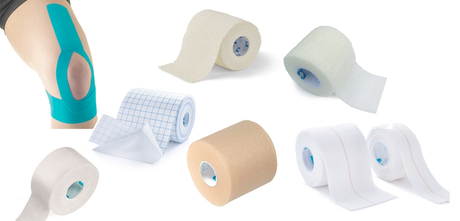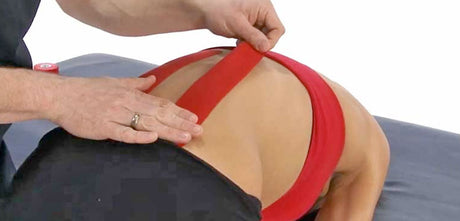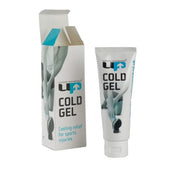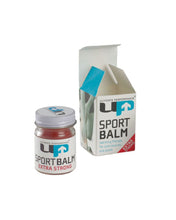Skiing injuries are common in all age groups and experience levels. However, you can avoid or mitigate the risk of injury. Here are our top tips to reduce the risk of being injured when skiing:
Take Skiing Lessons
Avoid skiing injuries by Investing in professional lessons, especially if you are a beginner. Learning proper technique and control significantly reduces the risk of injury. This is because you are likely to fall or collide with other skiers a lot less. You will also have more fun, spending more time skiing and less time falling over!
Wear Proper Equipment
Ensure that your ski equipment, including boots, bindings, and skis, fits and is properly maintained. This along with wearing a helmet helps avoid skiing injuries. Helmets in particular, are essential for head protection. The old saying, 'what doesn't kill you makes you stronger', does not apply to head injuries!
Wear appropriate protective gear, including goggles, gloves, and knee supports/pads. Proper gear reduces the impact of falls, protecting vulnerable areas.

Ultimate Compression Hinged Knee Support
Know Your Limits
Ski within your skill level and avoid attempting slopes or terrains beyond your abilities. Gradually progress to more challenging terrain as you gain experience.
Warm-Up
Perform warm-up exercises before hitting the slopes. Stretching and warming up your muscles enhances flexibility and proprioception (co-ordination). As a result, you reduce the risk of strains and sprains.
Eat and drink
No, we don't mean in the bar afterwards. Drink water. Dehydration significantly affects your performance, increasing the risk of fatigue and injuries. Also, keep your energy levels up by not skipping breakfast. Take snacks with you in case you do get tired and need an energy boost.
Ultimate Performance Compression Knee Support
Pay Attention to the Weather
Be aware of weather conditions and how they may affect the slopes. Adjust your skiing style based on changing conditions. Certainly avoid skiing in poor visibility or extreme weather.
If venturing into backcountry areas, educate yourself about avalanche safety. Understand how to use avalanche safety equipment and always check local avalanche conditions.
Follow Skiing Etiquette
Abide by the rules and guidelines of the ski resort. Pay attention to signs and warnings, and be courteous to other skiers on the slopes. Be nice to snowboarders!
Stay Fit and Flexible
This is something you can do before you embark on a skiing holiday. Engage in regular physical conditioning and strength training. Improving your overall fitness and flexibility enhances your ability to handle the physical demands of skiing. You will also have a lot more fun and get better value from the cost of your holiday.
Mind Your Bindings And Avoid Skiing Injuries
Ensure that your ski bindings are adjusted correctly to your skill level and physical condition. Incorrectly set bindings increases the risk of injuries, especially to the knees.
Take Breaks
Listen to your body and take breaks when needed. Fatigue can lead to poor decision-making and a higher likelihood of skiing accidents & injuries.
Get a Health Checkup to Avoid Skiing Injuries
If you have pre-existing health conditions or concerns, consult with a healthcare professional before engaging in skiing or any other physically demanding activity.
Remember that accidents can still happen, so it's essential to be prepared. Carry a whistle, know how to call for help, and ski with a buddy when possible. If you do experience an injury, seek prompt medical attention for proper diagnosis and treatment.

